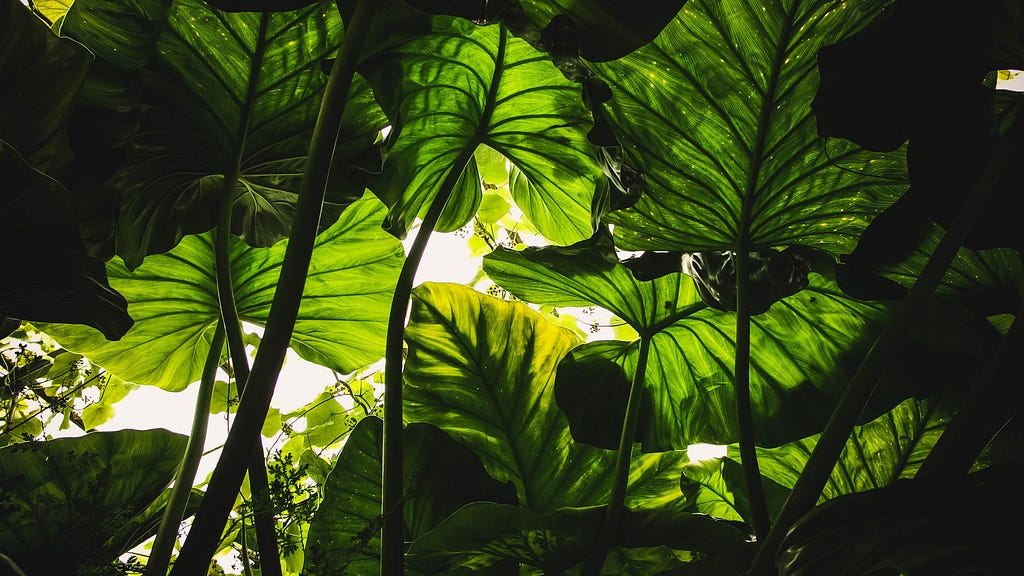
Hyaluronic Acid. CBD. Collagen. Retinol. Vitamin C.
Every year, trendy new skincare ingredients emerge out of thin air, touted by brands as face-saving holy grails that you just need to add to your routine. This year’s offender? That would be Bakuchiol, a plant-derived compound claiming to be the plant-based, gentler answer to Retinol’s (aka Vitamin A) prescription-strength anti-aging, texture-reducing powers. So are the rumors true?
Short answer: it seems like it, at least based on existing research. Read on for a breakdown of what we know about the ingredient so far.
Bakuchiol was first isolated in 1966, from the seeds of Psoralea Corylifolia, a flowering plant known to have antibacterial, antioxidant, anti-inflammatory and even anti-tumor properties. The plant has been used widely in traditional Indian and Chinese medicine to treat a long and varied list of conditions like alopecia, inflammation, vitiligo, leprosy, psoriasis, and eczema. Though the compound was discovered over half a century ago, Bakuchiol only started popping up in the beauty scene a few years ago.
Now let’s take a look at some of the science. In one study, 44 subjects applied either 0.5% Bakuchiol or 0.5% Retinol creams twice daily for 12 weeks. Both groups found significantly decreased wrinkle surface area and hyperpigmentation, with no statistical differences between the two.
Another interesting find from this study was that subjects in the Retinol group reported more stinging and scaling of their skin. Traditional Retinol use has long been associated with unsavory side effects like drying, peeling, irritation, and redness as skin adjusts to the ingredient. The results indicate that Bakuchiol may be better tolerated than Retinols, and less likely to cause side effects.
Though the two compounds do not structurally resemble one another, studies have shown that Bakuchiol induces similar gene expression pathways in the skin as topical retinoids do. These products, like Tretinoin and Retin-A, are prescription-strength forms of Vitamin A typically used to treat acne, sun damage, and signs of aging.
Studies have demonstrated that Bakuchiol helps to preserve collagen, the elusive protein in our skin that decreases production as we age, causing skin to wrinkle and sag. Scientists investigating the gene expression profile of Bakuchiol found that the ingredient upregulates type I and IV collagen, and stimulates type III collagen, in tests performed on skin tissue models.
In the same study, human subjects underwent a 12-week clinical study of twice daily Bakuchiol application. The results demonstrated improvement in lines and wrinkles, pigmentation, elasticity, firmness, and photo damage reduction, again without any of the side effects of Retinol.
As there have been no demonstrated or reported adverse effects of Bakuchiol use, we say the more the merrier when it comes to non-toxic skincare ingredients. If you have sensitive skin, you may want to test it out as a gentler anti-aging alternative.
If you’re thinking about adding Bakuchiol to your lineup, check out the highlight section on our app homescreen to see popular products with the ingredient.
Disclosure: We are a professional review and product rating website and mobile app that receives compensation from the companies whose products we review and rate. We are independently owned and the opinions expressed here are our own interpretation of a trusted source.
Think Dirty Ingredient Breakdown: Bakuchiol was originally published in Think Dirty on Medium, where people are continuing the conversation by highlighting and responding to this story.